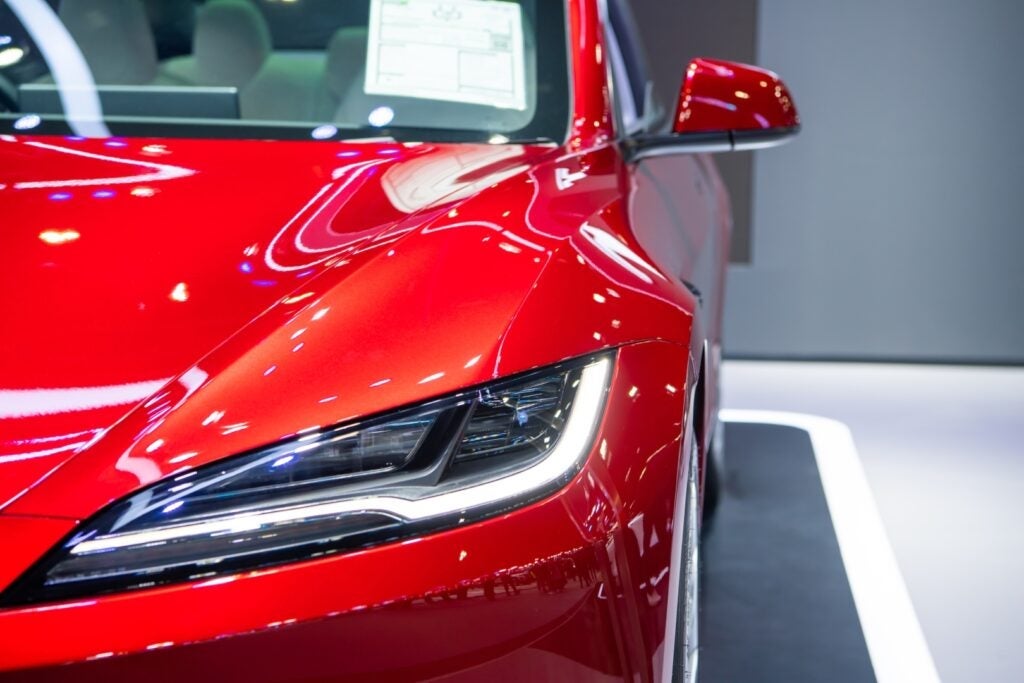


Tesla Inc‘s TSLA full self-driving, or FSD, technology “is not yet an eyes-off/unsupervised product,” according to Goldman Sachs analyst Mark Delaney.
The Elon Musk-led company recently partnered with Beijing-based Baidu Inc. BIDU as part of an initiative that is expected to pave the way for FSD service in China.
“We consider the China news a directional positive,” Delaney said in a research note. The anticipated growth in FSD/software revenue over the long term had already been factored into Goldman Sachs’ valuation.
See Also: Tesla CEO Elon Musk Says ‘Going Balls To The Wall’ For Autonomous Driving Is ‘Blindingly Obvious’
Tesla’s stock soared 15.3% on Monday after the electric vehicle (EV) manufacturer obtained regulatory approval to deploy supervised FSD in China.
This marked the most significant one-day percentage increase since March 2021. Coupled with gains following last week’s post-Q1 results, it’s the most robust five-day upswing for the Elon Musk-led company since September 2020.
Chart: Tesla Notched Best Session In Three Years, Strongest 5-Day Performance In Nearly Four
See Also: Jim Cramer Praises Elon Musk’s China FSD Deal As ‘Perfect Example Of Redefining Narrative’
Tesla has primarily concentrated its FSD research and development efforts on North America, Delaney notes.
“While we believe much of Tesla’s engineering work would be applicable globally, we think the company would need to make local adjustments to the product. Importantly, Tesla will also need to navigate government regulations on data access, localization, and AI, which could complicate technology sharing within and outside of China,” Delaney said.
Furthermore, the analyst highlighted the competitive landscape of the Advanced Driver Assistance Systems (ADAS) and autonomy markets in China. Both proprietary and third-party ADAS systems, as well as autonomous vehicles (AVs), have already been deployed in several cities.
Also Read: This Is What ‘Serious’ Elon Musk Showed To Investors In China, Says Expert
Delaney asserted that Goldman Sachs’ $175 price target over the next 12 months is already indicative of Tesla’s growth potential. That’s particularly the case in lucrative sectors such as FSD. Software revenue is anticipated to experience an uptick from its current level to tens of billions by 2030.
In the more optimistic scenario, Goldman Sachs foresees Tesla reaching a range of $220-$300 over the next 12-24 months. This projection is based on a multiple of 50X-60X applied to estimated earnings per share for 2026.
Conversely, in a downside scenario, the stock could decline to the range of $65-$85. This scenario factors in a potential decrease in investor optimism regarding the software and services opportunity, utilizing a multiple of approximately 30X applied to 2024 EPS.
Now Read: Tesla’s FSD Nod Win Seen As Move To ‘Smooth Over Chinese EV’s Entry Into The US Market